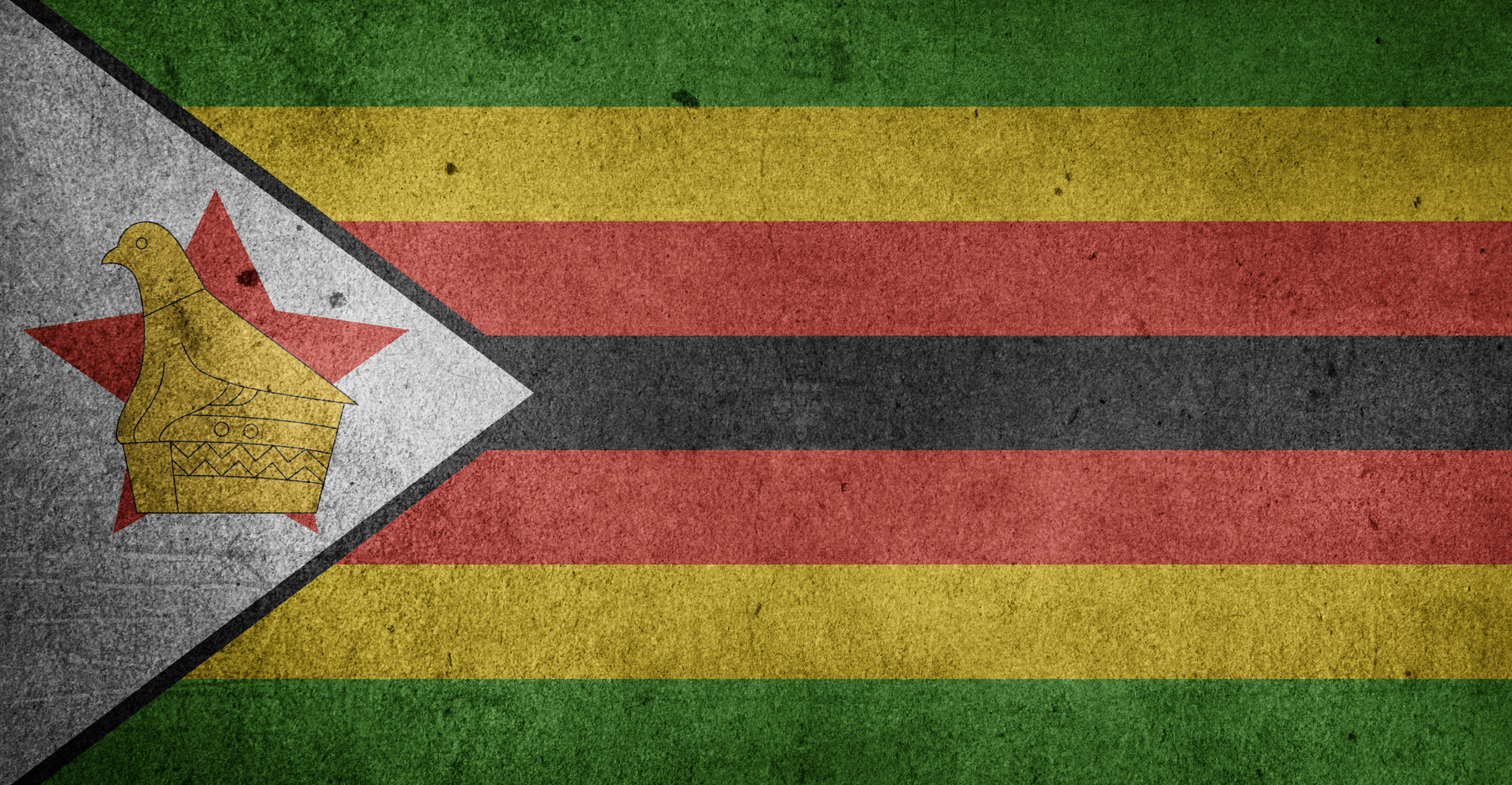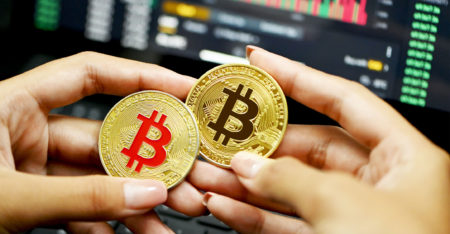
Bitcoin climbed as much as 10% on Zimbabwe’s Golix exchange on Wednesday after the country’s armed forces seized power.
The price of the cryptocurrency in the Southern African nation jumped as high as US$13 499, almost double the rate at which it trades in international markets, according to prices cited on Golix’s website.
Demand for bitcoin in Zimbabwe has surged amid a shortage of hard currency. Golix processed more than $1m of transactions in the past 30 days, compared to turnover of $100 000 for the whole of 2016, according to data on the exchange’s website.
Zimbabwe doesn’t have its own currency, with the government adopting the US dollar and South African rand, among others, as legal tender in 2009 after hyperinflation rendered the local dollar worthless.
Golix, an unregulated platform that also trades other cryptocurrencies, has been in operation since 2014. Prices for bitcoin are set by supply and demand, according to Taurai Chinyamakobvu, co-owner of the exchange. Sellers are paid in US dollars deposited electronically, which can only be converted at a steep discount on the black market.
Zimbabwe’s army moved into the capital, Harare, on Tuesday after a week of confrontation with President Robert Mugabe’s government and said the action was needed to stave off violent conflict in the Southern African nation that he has ruled since 1980.
The events unfolded as Zimbabwe is in deep crisis. The economy has halved in size since 2000, an estimated 95% of the workforce is jobless and as many as three million Zimbabweans have gone into exile.
While most major currencies are legal tender in Zimbabwe, cash-strapped importers and retailers buy dollars — or any currency easily converted to dollars — at premium prices by paying the seller electronically. A dollar buys about R8, compared to the market exchange rate of R14.36 on Wednesday. Zimbabwe’s unpopular “bond notes” — promissory notes issued by the central bank and officially pegged to the dollar, are worth as little as $0.50 on the black market. — Reported by Robert Brand, Brian Latham and Godfrey Marawanyika, (c) 2017 Bloomberg LP




